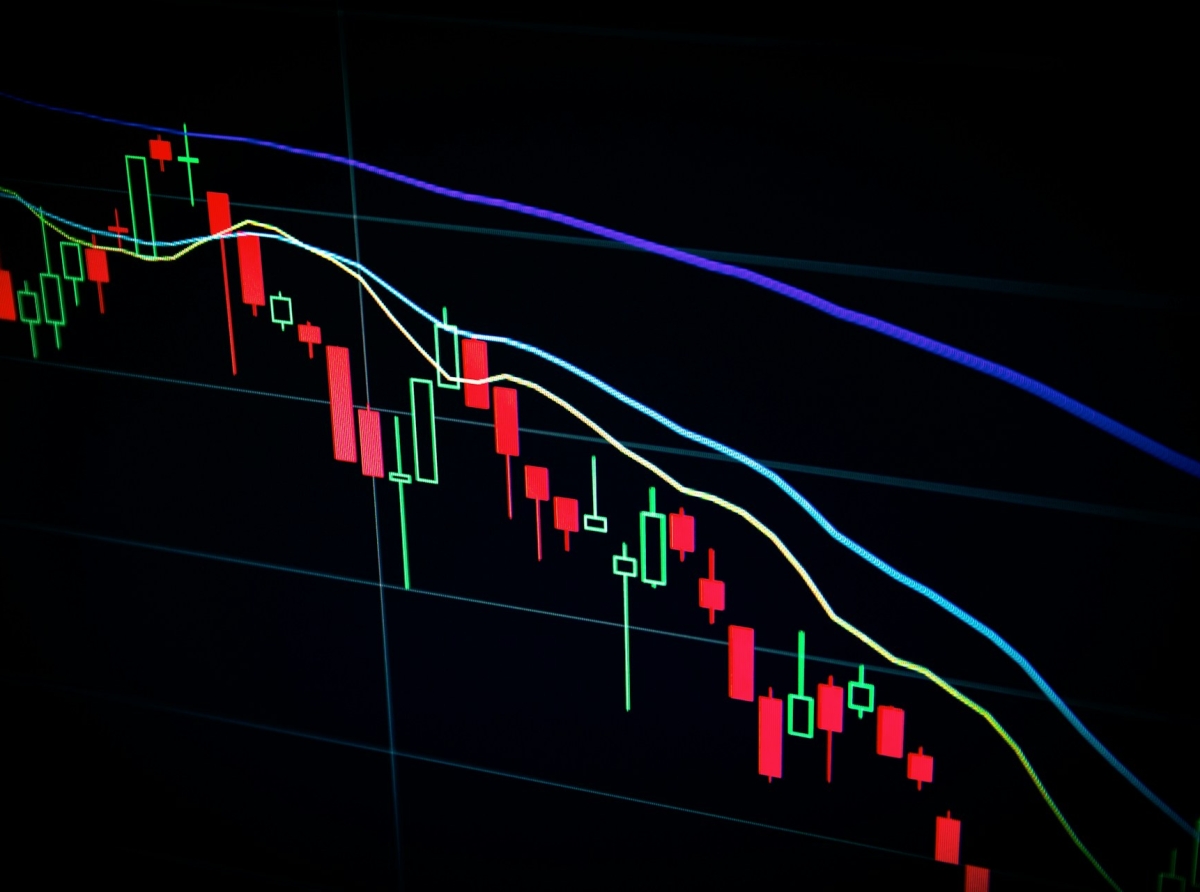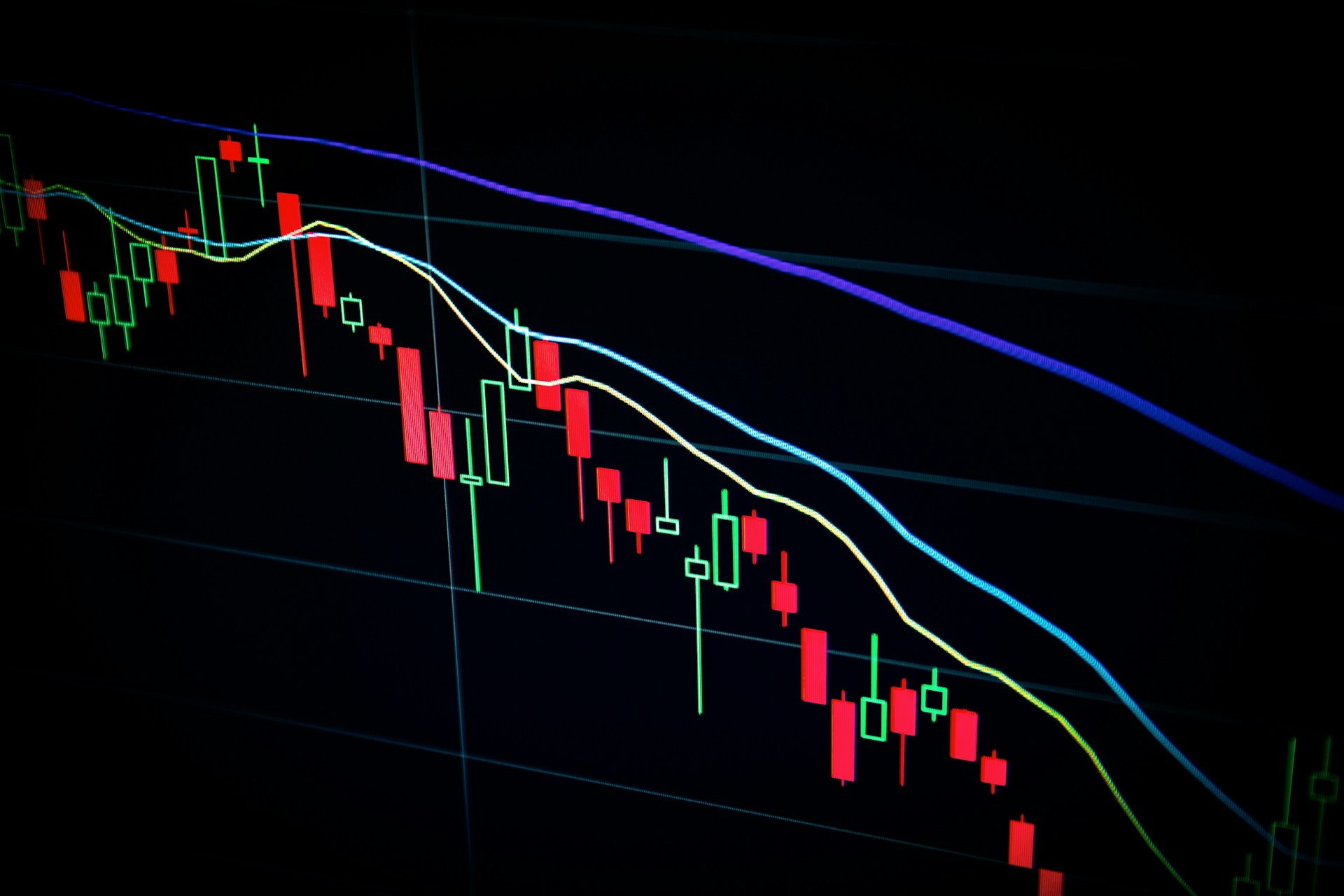The Banning of Binary Options: Where and Why?

The Banning of Binary Options: Where and Why?
Binary options have become a controversial topic in financial circles over recent years. Essentially, binary options are a type of financial instrument that allows investors to predict whether the value of an asset, such as a stock or currency, will rise or fall within a specified time frame. If the prediction is correct, the investor receives a fixed payout. If incorrect, they lose the amount invested.
The allure of binary options lies in their simplicity and potential for high returns. They gained popularity in the early 2000s with the advent of online trading platforms that made these instruments accessible to everyday investors. However, this rapid rise was accompanied by increasing scrutiny and regulatory crackdowns around the world.
The allure of binary options lies in their simplicity and potential for high returns. They gained popularity in the early 2000s with the advent of online trading platforms that made these instruments accessible to everyday investors. However, this rapid rise was accompanied by increasing scrutiny and regulatory crackdowns around the world.

The Banning of Binary Options: Where and Why?
Reasons for Banning Binary Options
Risk and Potential for Significant Financial LossOne of the most significant reasons for banning binary options is their inherent riskiness. Because these trades are often all-or-nothing propositions, investors can face substantial losses if their predictions are incorrect. This high-stakes nature has led many financial authorities to classify binary options as a form of gambling rather than investment.
Association with Fraudulent Activities and Scams
Another critical factor in the ban on binary options is their association with fraudulent activities and scams. Numerous reports have surfaced about unscrupulous brokers manipulating prices, refusing withdrawals, or even running entirely fake trading platforms to scam unsuspecting investors out of their money. The deceptive marketing practices employed by some brokers further exacerbate these issues.
Lack of Regulation and Oversight in Many Markets
The lack of regulation and oversight has allowed many fraudulent activities to flourish unchecked in the binary options market. Because many trading platforms operate online from jurisdictions with lax regulations, it has been challenging for authorities to enforce rules and protect consumers effectively.
Countries That Have Banned Binary Options
Overview of Regions with Strict Bans (e.g., EU, USA, Israel)Several regions have implemented strict bans on binary options to protect investors from potential risks and frauds:
European Union (EU): In 2018, the European Securities and Markets Authority (ESMA) imposed a complete ban on binary options within EU member states due to concerns over investor protection.
United States (USA): The U.S. Commodity Futures Trading Commission (CFTC) has strict regulations regarding binary options trading, only allowing it on designated exchanges like Nadex.
Israel: Israel was one of the first countries to take action against binary options fraud by outright banning them in 2017 after widespread reports of scams originating from Israeli firms.
Specific Regulations and Enforcement Actions Taken by These Countries
In addition to imposing bans:
- The EU has required brokers offering financial products within its jurisdiction to adhere strictly to transparency requirements.
- The USA enforces stringent licensing requirements for exchanges that wish to offer binary options.
- Israel went further by criminalizing any involvement in offering or promoting binary options globally from within its borders.
Impact of the Ban on Traders and Markets
Short-term Effects on Traders Who Were Active in This MarketIn the short term, many traders who were active in this market faced disruptions as they suddenly found themselves unable to continue trading binary options legally within their jurisdictions. Some brokers attempted relocating operations or shifting focus toward other high-risk financial instruments like Contracts for Difference (CFDs).
Long-term Market Adjustments and Shifts to Other Forms of Trading
In the long term, markets have adjusted as traders moved towards more regulated forms of investment such as forex trading or traditional stock market investments where there is greater transparency and oversight ensuring fair play.
The decision by various countries around the world to ban binary options stemmed primarily from concerns over high risks associated with these instruments alongside rampant fraudulent activities facilitated by insufficient regulatory oversight.
While bans have disrupted some traders’ activities temporarily; overall they’ve helped create safer investing environments encouraging shifts toward more transparent regulated forms trading which ultimately benefits both individual investors broader financial markets alike…
Reflecting upon effectiveness these bans; it’s evident significant progress made protecting consumers reducing instances fraud however continued vigilance necessary ensure unscrupulous actors don’t simply migrate exploit new unregulated opportunities arise future…
Binary options, Trading, Regulation, Investment, Financial markets
While bans have disrupted some traders’ activities temporarily; overall they’ve helped create safer investing environments encouraging shifts toward more transparent regulated forms trading which ultimately benefits both individual investors broader financial markets alike…
Reflecting upon effectiveness these bans; it’s evident significant progress made protecting consumers reducing instances fraud however continued vigilance necessary ensure unscrupulous actors don’t simply migrate exploit new unregulated opportunities arise future…
Binary options, Trading, Regulation, Investment, Financial markets














Report
My comments